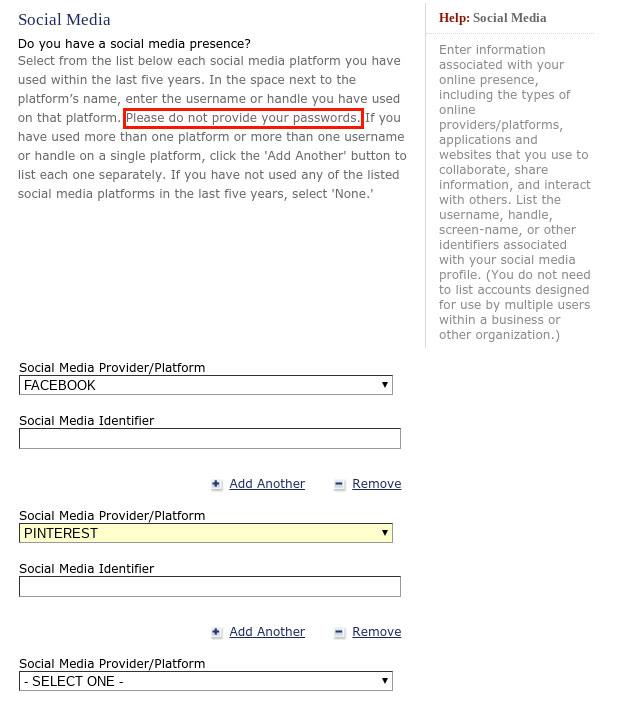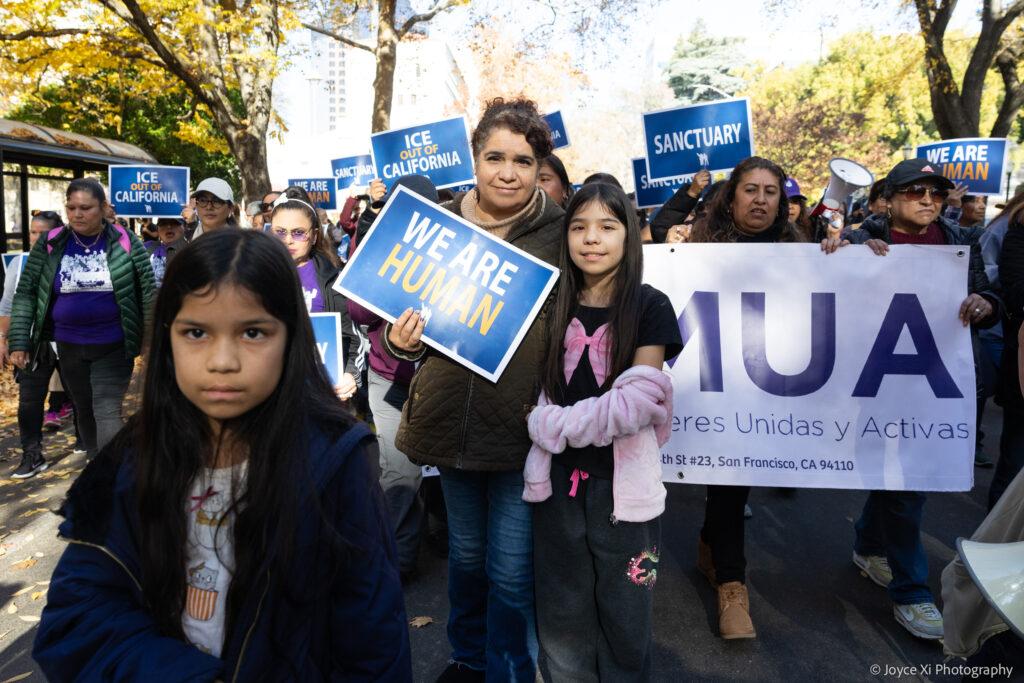In a powerful gesture of reconciliation and historical healing, the West African nation of Benin has opened its ancestral doors, offering citizenship to descendants of people torn from their homeland during the brutal transatlantic slave trade. As the world watches, global pop icon Ciara stands among the first recipients of this extraordinary invitation, symbolically bridging centuries of separation and pain with a single, profound act of national acknowledgment. In a groundbreaking move that bridges historical divides, the West African nation of Benin has extended a powerful gesture of reconciliation by offering citizenship to descendants of enslaved people forcibly removed from its shores during the transatlantic slave trade. The initiative marks a symbolic healing moment, recognizing the deep ancestral connections that transcend generations of trauma and displacement.
Among the notable recipients of this historic invitation is international pop star Ciara, who recently accepted the citizenship offer, symbolizing a personal journey of cultural reconnection and ancestral healing. Her public embrace of the opportunity highlights the emotional meaning of this diplomatic outreach.The citizenship program represents more than a legal document; it’s a profound acknowledgment of historical injustices and a bridge between contemporary African nations and their global diaspora. Benin, historically known as Dahomey, was a critical point of departure for millions of enslaved Africans during the brutal slave trade era, making this gesture notably poignant.
Applicants must demonstrate documented lineage tracing back to the region, undergirding the program’s commitment to historical authenticity. Background checks and genealogical research form crucial components of the verification process, ensuring the integrity of the citizenship grant.
Experts view this initiative as a transformative approach to confronting historical trauma, offering descendants a tangible connection to their ancestral homeland.The program extends beyond symbolic recognition, providing genuine pathways for cultural reintegration and potential economic opportunities.
Legal frameworks have been carefully crafted to accommodate various documentation challenges, understanding that many descendants lack precise historical records. Flexible verification processes aim to be inclusive while maintaining rigorous standards.
Cultural organizations have praised Benin’s approach,describing it as a model of restorative diplomacy that goes beyond customary reconciliation efforts. The citizenship offer represents a nuanced understanding of transnational identity and historical responsibility.
For many descendants, this opportunity signifies more than a passport—it’s an emotional homecoming, a chance to reconnect with forgotten roots and reclaim a cultural heritage systematically erased through centuries of oppression.
The program also signals a broader continental conversation about addressing historical injustices and creating meaningful pathways for diaspora communities to reconnect with their ancestral lands.
As global conversations about reparations and historical accountability intensify, Benin’s initiative stands as a pioneering example of proactive, compassionate engagement with complex historical narratives.






“That’s Just F—ing Insane”: People Cannot Believe Trump’s Latest Statement About Looking Into Deporting US Citizens Is Real